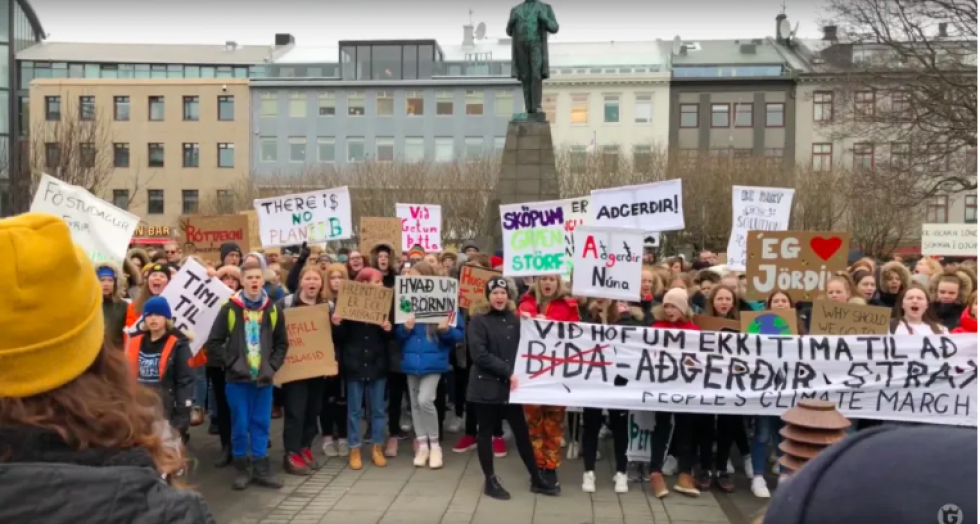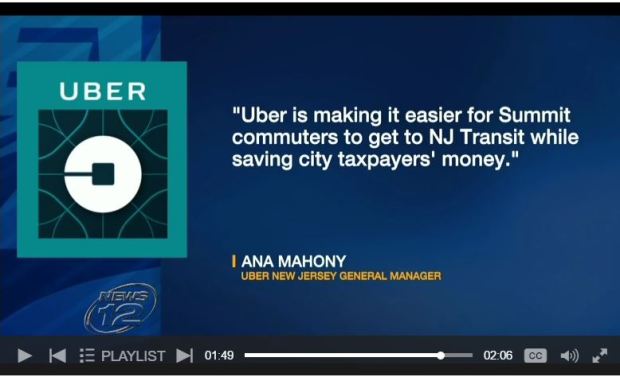 World Streets has committed to carry out a series of articles, in cooperation with informed on-the-spot collaborators, looking into various aspects of transport user groups, on the grounds that they are increasingly emerging in many cities around the world as important potential players in the uphill struggle to sustainable transportation, sustainable cities and sustainable lives.
World Streets has committed to carry out a series of articles, in cooperation with informed on-the-spot collaborators, looking into various aspects of transport user groups, on the grounds that they are increasingly emerging in many cities around the world as important potential players in the uphill struggle to sustainable transportation, sustainable cities and sustainable lives.
Throughout most of the 20th century transportation decisions were strictly made by government administrations and elected politicians, more often than not in cooperation with interests representing industrial and financial partners supplying infrastructure, vehicles, electronics and services. In most places these were closed loops in which the public was occasionally, at best, invited to approach the table and then asked to share their views on the specifics alternative proposals as prepared and presented by the various administrations and agencies, but for the most part were excluded from the actual planning and decision process. They were at most shadow players.
However this is starting to change, to the extent that in many cities in recent years these groups are increasingly becoming important players in the planning, decision and investment process.
Continue reading →


 World Streets has committed to carry out a series of articles, in cooperation with informed on-the-spot collaborators, looking into various aspects of transport user groups, on the grounds that they are increasingly emerging in many cities around the world as important potential players in the uphill struggle to sustainable transportation, sustainable cities and sustainable lives.
World Streets has committed to carry out a series of articles, in cooperation with informed on-the-spot collaborators, looking into various aspects of transport user groups, on the grounds that they are increasingly emerging in many cities around the world as important potential players in the uphill struggle to sustainable transportation, sustainable cities and sustainable lives.



 Hello Eric, Thanks for forwarding the short reply by Lloyd Wright on Free Public Transit to the list. It made me think: Hmm possibly the comparison of Free Public Transit to public spaces that are generally open to use by the population free of charge is a strong, valid point. Beyond that here are some rough, somewhat wide-ranging and unstructured thoughts:
Hello Eric, Thanks for forwarding the short reply by Lloyd Wright on Free Public Transit to the list. It made me think: Hmm possibly the comparison of Free Public Transit to public spaces that are generally open to use by the population free of charge is a strong, valid point. Beyond that here are some rough, somewhat wide-ranging and unstructured thoughts:




 As previously documented on World Streets the city of Tallinn, Estonia implemented Free Fare Public Transportation (FFPT) in January of 2013 for all registered citizens of the city. A year and a half into this policy voices from politicians, the media and academia presented an array of opinions in favour of, and refuting benefits of the policy. Thus in May of 2014 I visited Tallinn to conduct interviews with City staff, independent environmentalist consultants and academics alike for my master’s thesis in Urban and Regional Planning Studies at the London School of Economics. My research question was ‘Is Tallinn, Estonia’s free fare public transportation policy meeting its claimed motives as stated by the city’s municipal leaders?’
As previously documented on World Streets the city of Tallinn, Estonia implemented Free Fare Public Transportation (FFPT) in January of 2013 for all registered citizens of the city. A year and a half into this policy voices from politicians, the media and academia presented an array of opinions in favour of, and refuting benefits of the policy. Thus in May of 2014 I visited Tallinn to conduct interviews with City staff, independent environmentalist consultants and academics alike for my master’s thesis in Urban and Regional Planning Studies at the London School of Economics. My research question was ‘Is Tallinn, Estonia’s free fare public transportation policy meeting its claimed motives as stated by the city’s municipal leaders?’



